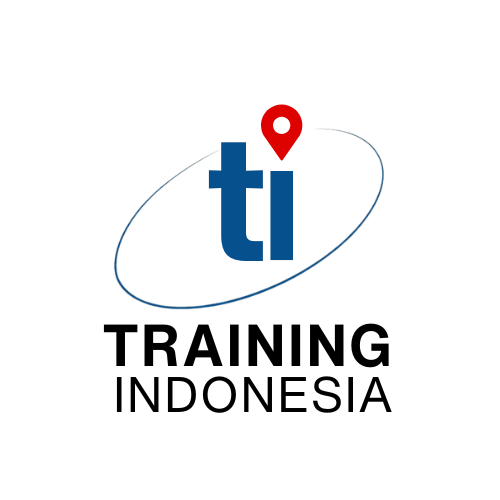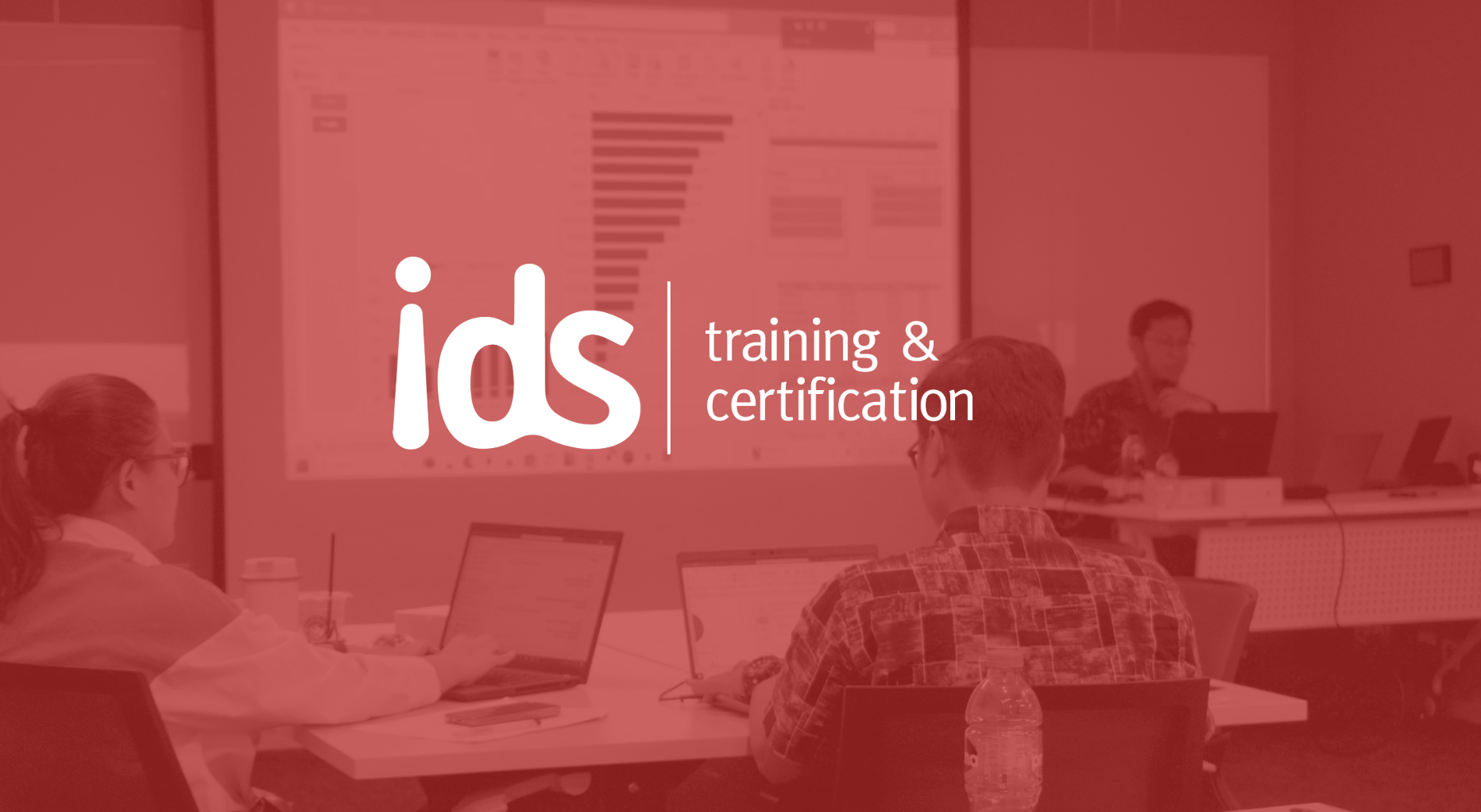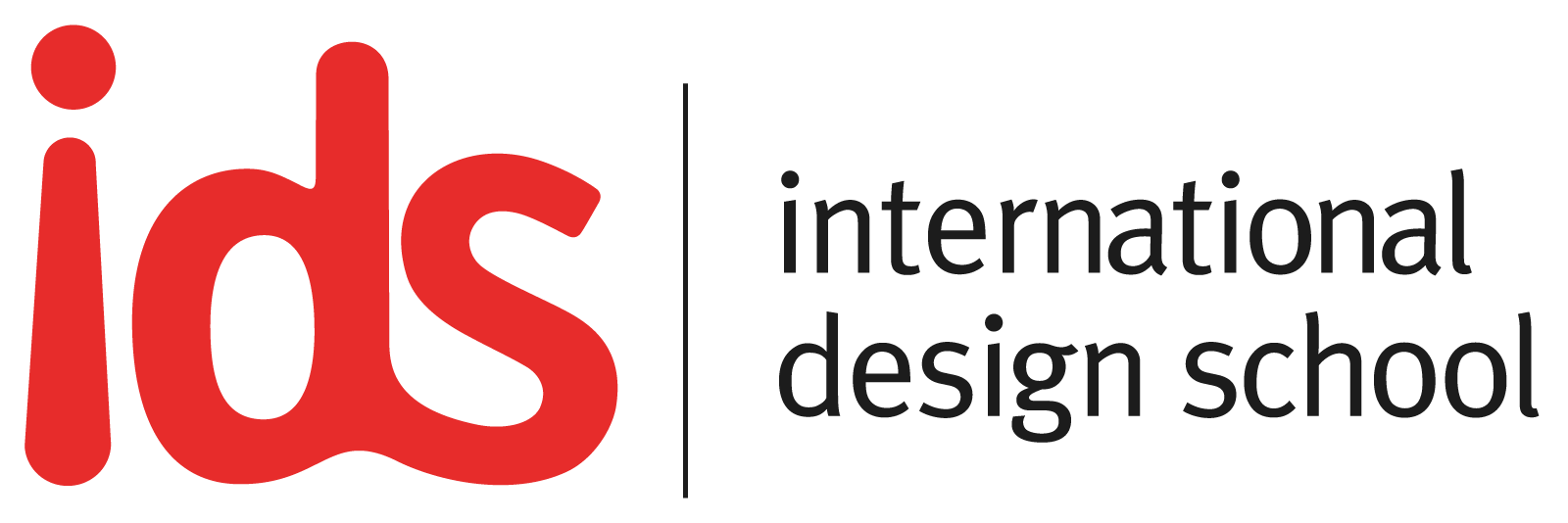Strategic Leadership: The Essential Skills

Effective strategic leadership is increasingly vital as businesses face evolving challenges. Leaders capable of managing complexities, motivating teams, and guiding organizations toward long-term objectives play a crucial role in ensuring sustained success. Schoemaker, Krupp, and Howland (2013) highlight that strategic leadership requires a combination of key skills that empower leaders to foresee obstacles and make well-informed decisions. This article delves into these skills and their impact on effective strategic leadership.
Understanding Strategic Leadership
What is Strategic Leadership?
Strategic leadership is the ability to influence and guide an organization toward achieving its goals by integrating various functions and processes. It involves setting a vision, making critical decisions, and aligning resources to meet organizational objectives.
Key Components of Strategic Leadership
1. Visionary Thinking
Effective strategic leaders can envision the future of their organization and create a compelling narrative that inspires their teams. They analyze market trends, understand the competitive landscape, and identify opportunities for growth.
2. Adaptability and Flexibility
In a dynamic business environment, adaptability is crucial. Strategic leaders must pivot their strategies in response to changing circumstances, ensuring their organizations remain resilient and competitive.
3. Collaboration and Team Building
Strategic leaders foster a culture of collaboration by empowering their teams and encouraging open communication. They leverage diverse perspectives to drive innovation and problem-solving.
4. Decision-Making and Problem-Solving
Effective decision-making lies at the heart of strategic leadership. Leaders must analyze information, weigh options, and make choices aligned with organizational goals. This requires a balance of rational analysis, intuition, and emotional intelligence.
The Essential Skills for Strategic Leadership
1. Analytical Skills
Analytical skills help leaders assess complex situations and data, leading to informed decision-making. They interpret market trends, performance metrics, and competitive intelligence to formulate effective strategies.
2. Communication Skills
Clear communication is vital for strategic leaders to convey their vision and objectives. They articulate ideas, provide constructive feedback, and foster dialogue that promotes collaboration.
3. Emotional Intelligence
Emotional intelligence involves understanding and managing emotions—both their own and others’. Leaders with high emotional intelligence build strong relationships, resolve conflicts, and motivate their teams effectively.
4. Strategic Thinking
Strategic thinking focuses on looking beyond immediate challenges to consider the long-term implications of decisions. Leaders evaluate risks, anticipate future trends, and align strategies with organizational goals.
Strategic leadership is vital for organizational success in today’s complex and evolving business landscape. By developing essential skills such as analytical thinking, communication, emotional intelligence, and strategic thinking, leaders can effectively guide their organizations toward achieving their vision.
For those seeking to enhance their strategic leadership skills, explore training options available at training-indonesia.org to take your leadership to the next level.
References
Schoemaker, P. J., Krupp, S., & Howland, S. (2013). Strategic leadership: The essential skills. Harvard Business Review, 91(1), 131-134.
Related News
EKONID Human Capital Club Explores Key Workforce and Engagement Trends for 2025
On July 25, 2025, The German-Indonesian Chamber of Industry and Commerce (AHK Indonesia/EKONID) hosted its latest Human Capital Club under the theme “Workforce Trends and Employee Engagement 2025”
EKONID Human Capital Club Kupas Tuntas Tren Keterlibatan Karyawan dan Strategi SDM 2025
Jakarta, 25 Juli 2025 – Kamar Dagang dan Industri Indonesia–Jerman (AHK Indonesia/EKONID) kembali menggelar Human Capital Club bertajuk “Workforce Trends and Employee Engagement 2025.
Indonesian HR Strategy to Optimize the Potential of AI in the Future Workplace
Artificial Intelligence (AI) is no longer merely an operational tool—it has become a transformational force in how organizations redesign work, develop talent, and create business value.
Strategi HR Indonesia Mengoptimalkan Potensi AI di Tempat Kerja Masa Depan
Artificial Intelligence (AI) bukan lagi sekadar alat bantu operasional, tetapi telah menjadi kekuatan transformasional dalam cara organisasi mendesain ulang pekerjaan
Menavigasi People Analytics: Peluang dan Risiko dalam Transformasi HR di Indonesia
Di era digital, organisasi semakin menyadari pentingnya pengambilan keputusan berbasis data untuk mengelola sumber daya manusia (SDM) secara efektif. Salah satu pendekatan yang kini populer adalah Peo






